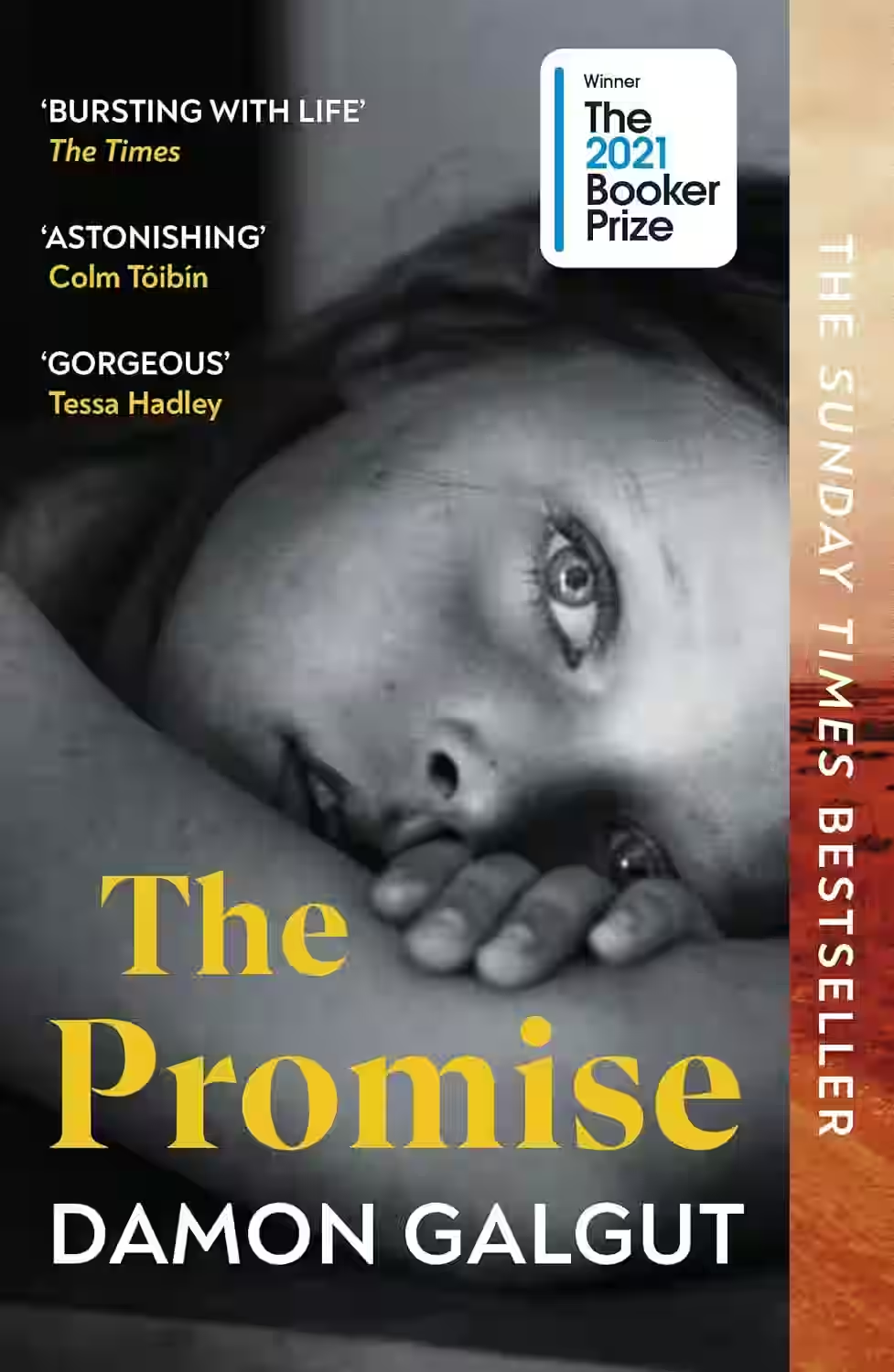
Damon Galgut's The Promise chronicles the decline of the Swart family in post-apartheid South Africa, centered around a broken vow to grant their Black housekeeper, Salome, ownership of her home. Spanning four decades and narrated through a series of funerals, the novel examines themes of guilt, racial injustice, and the complexities of familial relationships. Galgut's innovative narrative style offers a poignant commentary on the unfulfilled promises of a nation grappling with its past.
About Damon Galgut
A South African novelist and playwright, who won the Booker Prize for his novel, The Promise. His work often explores family dynamics, memory, and the complexities of post-apartheid South Africa through experimental narrative structures. Galgut's elegant prose, psychological depth, and ability to shift perspectives offer a nuanced and poignant look at the human condition within a specific historical and cultural context.
Similar Books
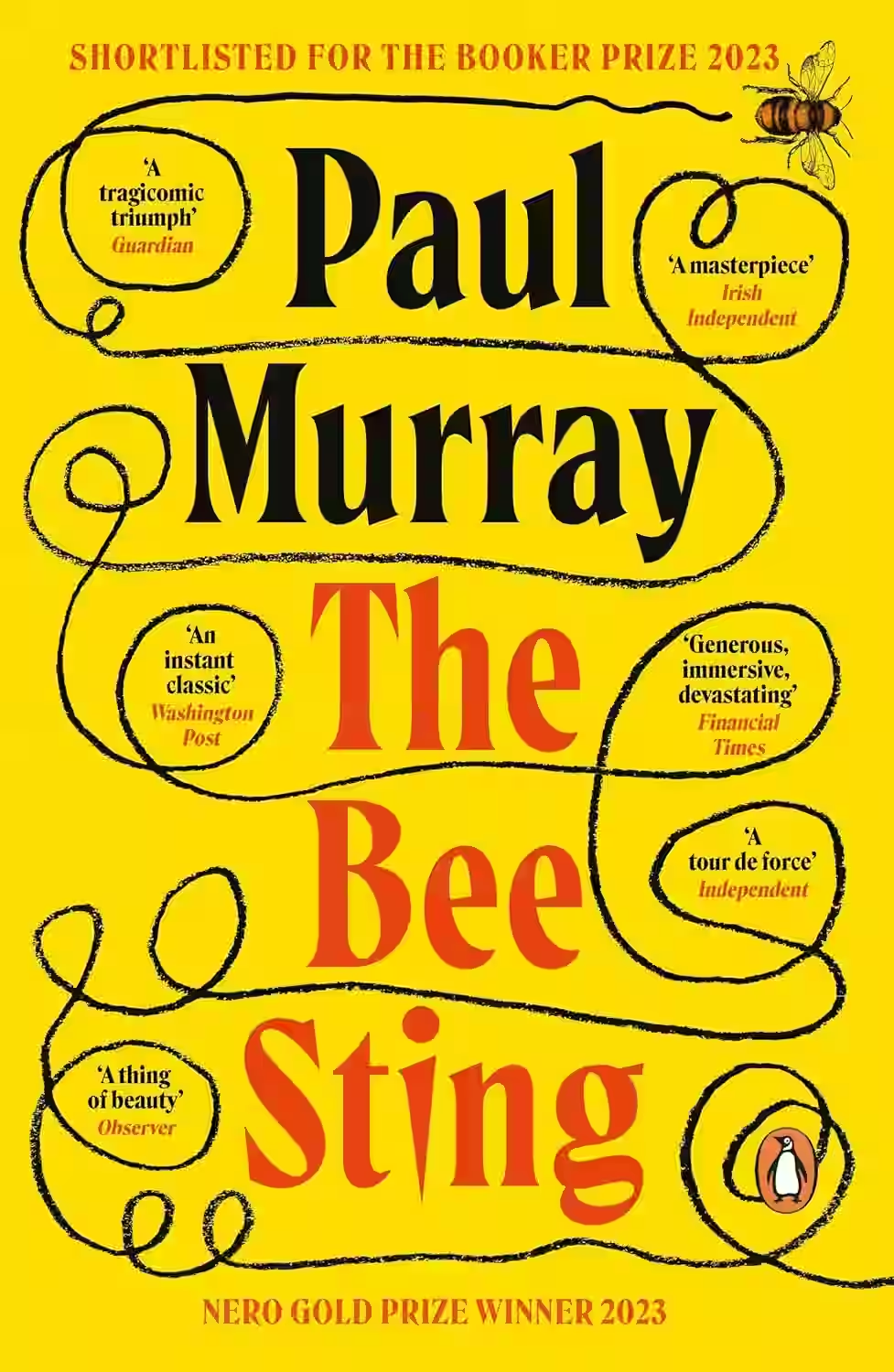
The Bee Sting
by Paul Murray
As climate catastrophe looms, the Barnes family unravels. Dickie retreats to building a doomsday bunker, Imelda clings to social status, and their children—Cass and PJ—grapple with guilt, love, and survival in an unraveling Ireland. Spanning perspectives and timelines, The Bee Sting is a sweeping, darkly comic novel about family secrets, economic collapse, and existential dread. Paul Murray’s masterful storytelling blends tragedy and absurdity, exploring how people face (or flee from) inevitable change. Shortlisted for the Booker Prize, it’s a richly layered, emotionally resonant story that captures both the intimacy of personal loss and the scope of global anxiety.
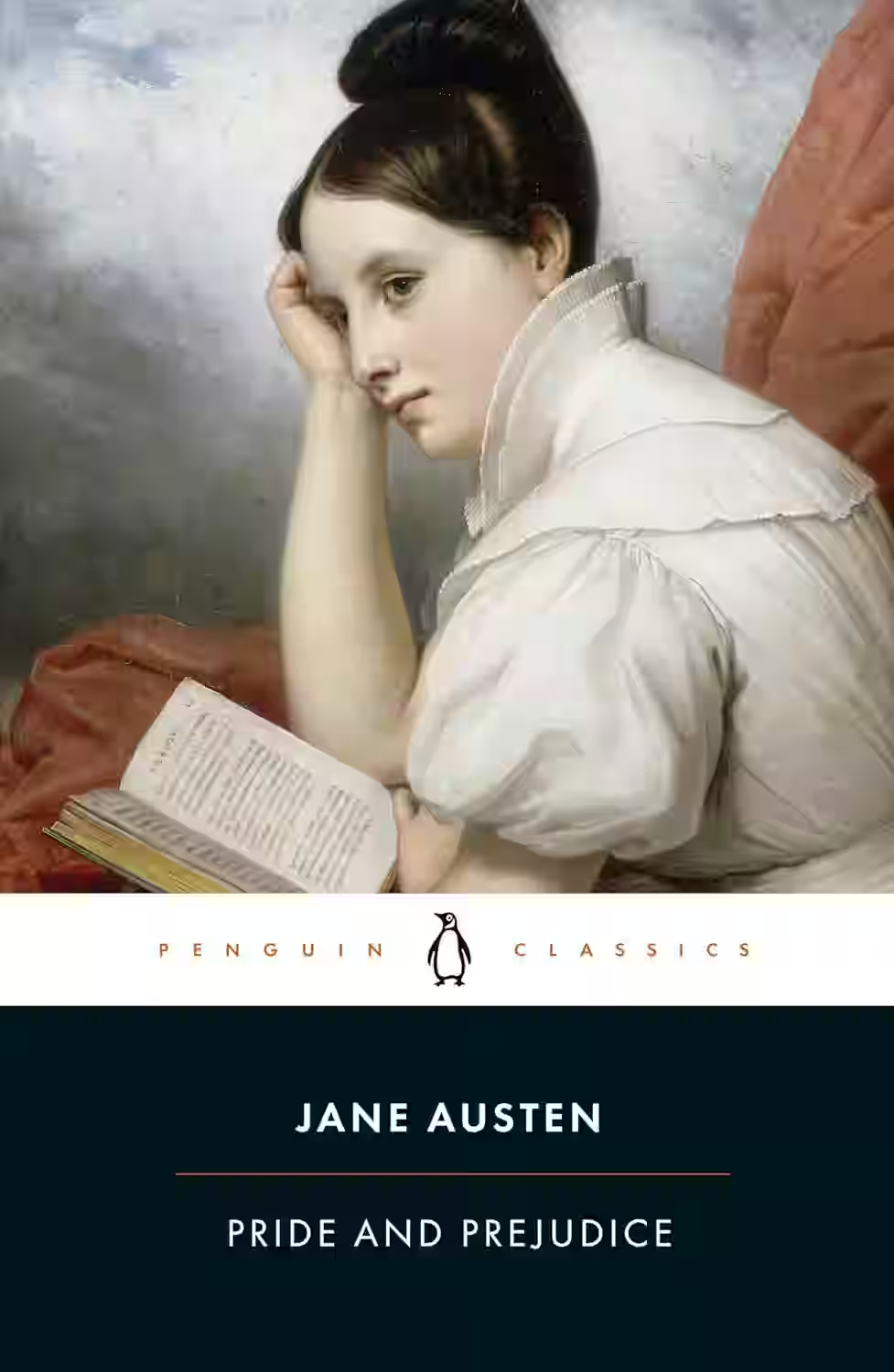
Pride and Prejudice
by Jane Austen
This beloved classic follows the spirited Elizabeth Bennet as she navigates love, marriage, and social status in Georgian-era England. When the wealthy and proud Mr. Darcy enters her life, their mutual prejudices create a complex dance of misunderstanding and growth. Through razor-sharp wit and social commentary, Austen crafts a timeless romance while critiquing class, marriage, and gender roles in 19th-century society.
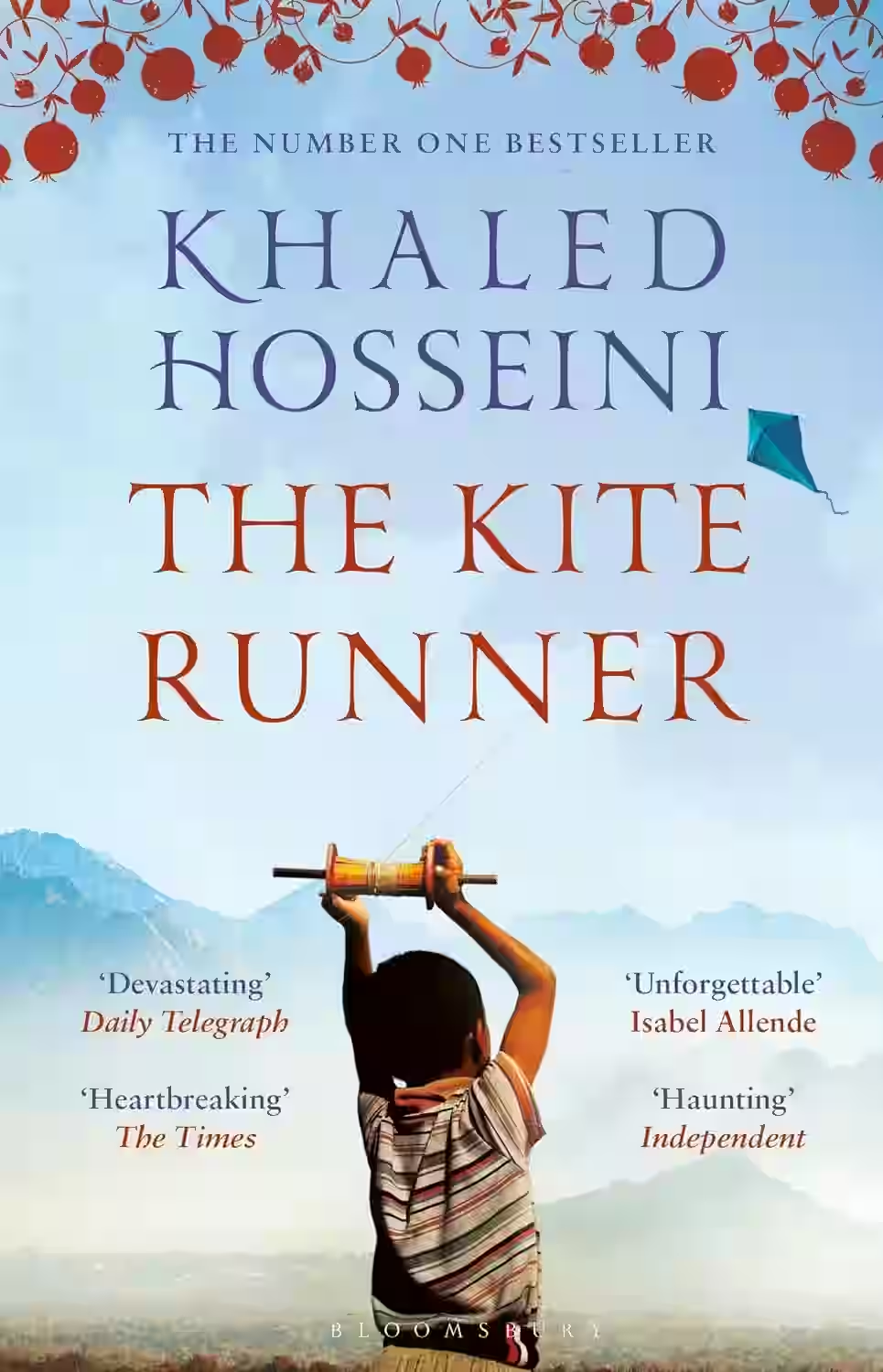
The Kite Runner
This powerful story follows two childhood friends in Kabul and spans multiple decades of Afghan history. After witnessing a terrible event, their lives take dramatically different paths until a chance for redemption presents itself years later. Through personal drama and historical upheaval, the novel explores themes of loyalty, betrayal, and the possibility of atonement.
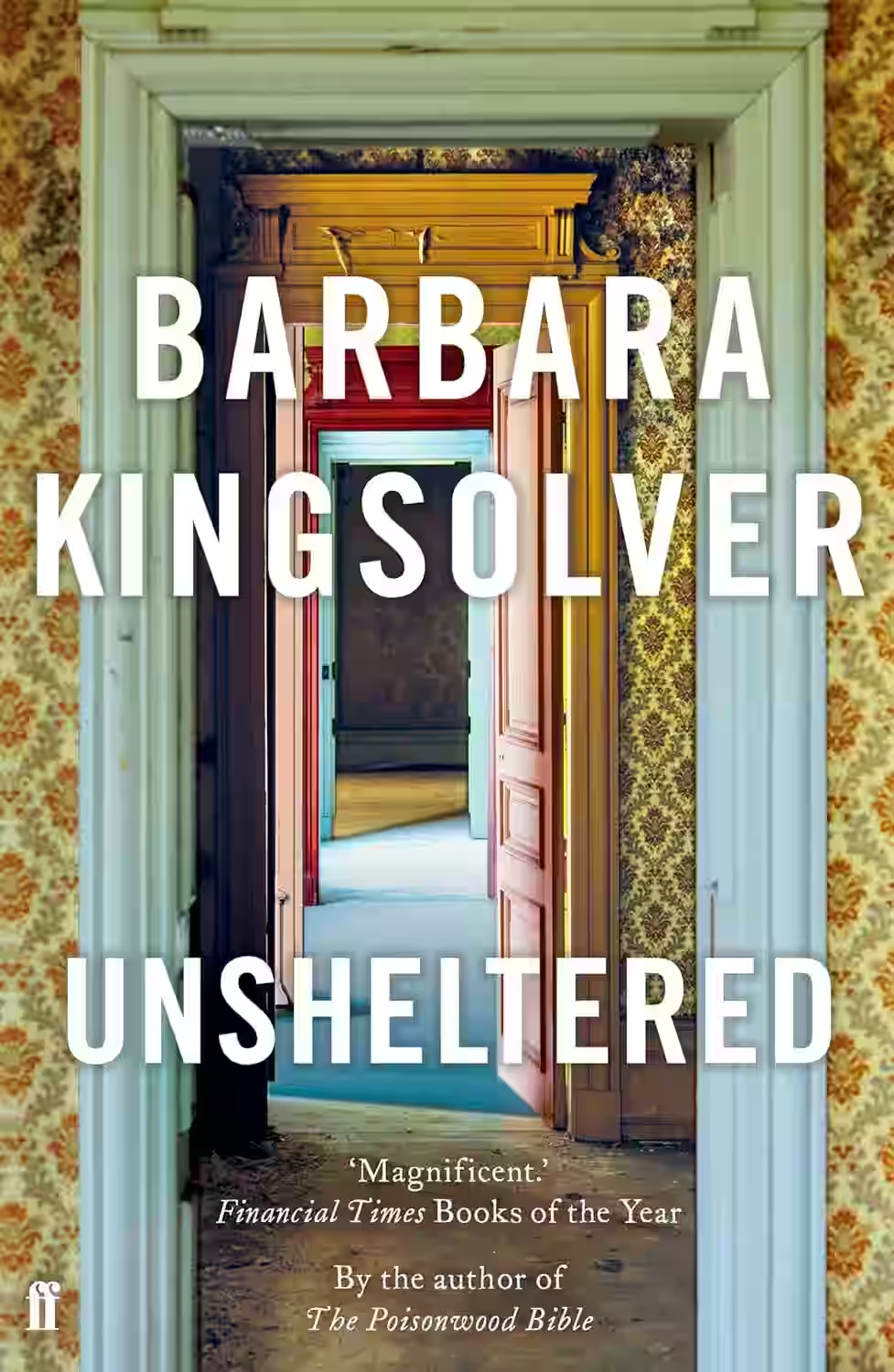
Unsheltered
Barbara Kingsolver’s 'Unsheltered' weaves a compelling narrative that delves into the volatility and uncertainty of human existence through a dual timeframe approach. Set in the same New Jersey house in the 19th century and the present day, the story follows two families grappling with socio-economic upheavals, challenging relationships, and evolving societal values. Kingsolver expertly intertwines historical and contemporary anxieties, exploring themes of resilience, adaptation, and what it means to live without a firm foundation. The novel's insightful parallel between climate change and societal change invites readers to reflect deeply on their own worlds. Kingsolver's crisp, vivid prose and meticulous character development create an immersive experience, making 'Unsheltered' both thought-provoking and emotionally resonant.